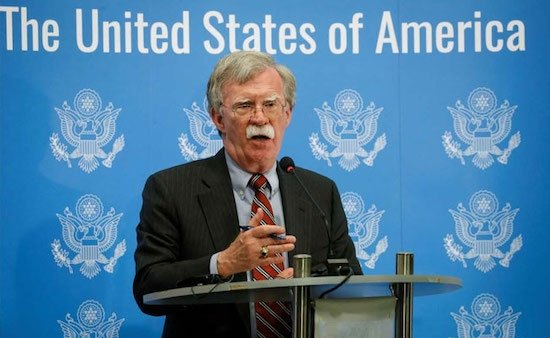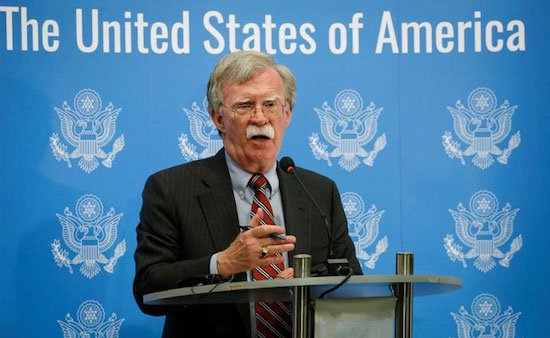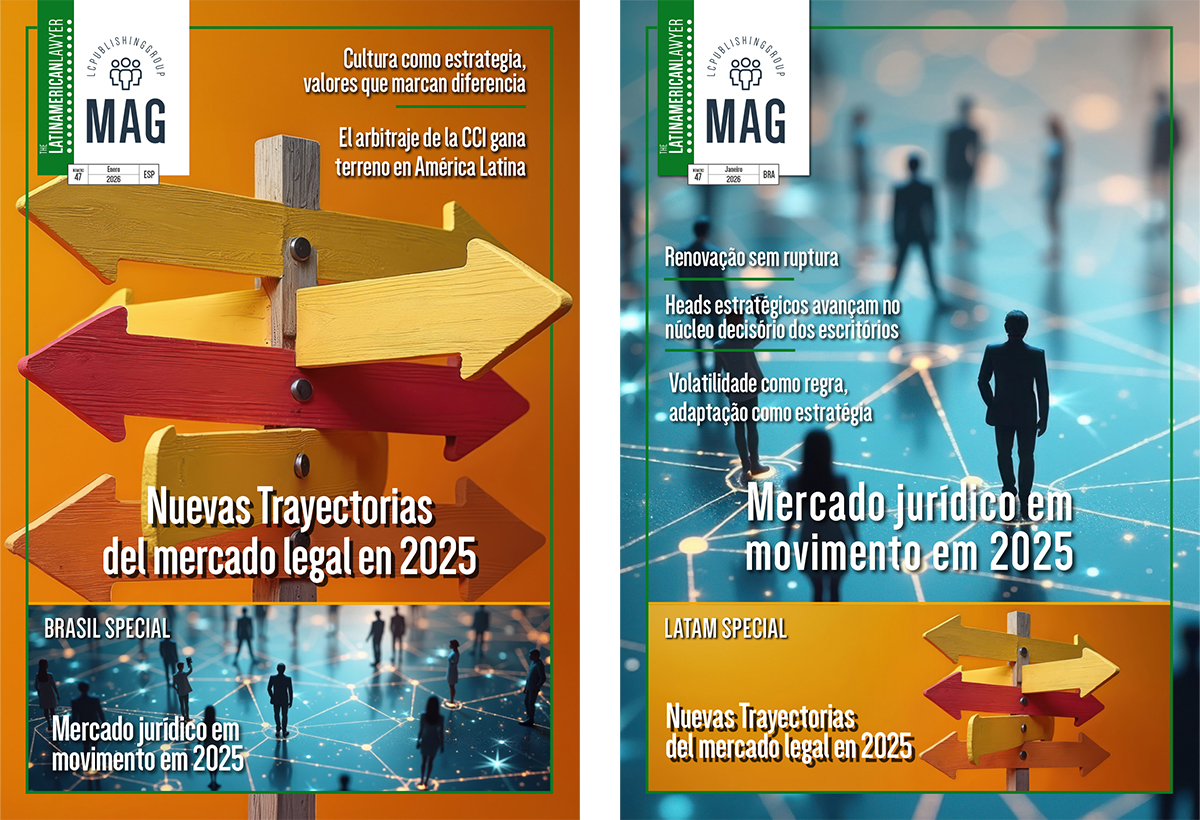Latest Cuba sanctions include US travel restrictions

The Trump administration’s new sanctions against individuals ‘trafficking’ in property confiscated by the Cuban government following the 1959 revolution include restrictions on travel in and out of the US, according to law firm Hunton Andrews Kurth.
 National Security Advisor John Bolton (pictured) confirmed on April 17 that the US government would take action to actively enforce Title IV of the Helms-Burton Act, which allows the secretary of state to deny visas to individuals who traffic in confiscated property, and their families.
National Security Advisor John Bolton (pictured) confirmed on April 17 that the US government would take action to actively enforce Title IV of the Helms-Burton Act, which allows the secretary of state to deny visas to individuals who traffic in confiscated property, and their families.
“Multinationals doing business with or in Cuba should analyse whether steps are necessary to mitigate the threat of penalisation under Title IV, as well as analyse the limitations of Title IV’s application,” law firm Hunton Andrews Kurth told The Latin American Lawyer in a note.
The Helms-Burton Act dates from 1996, but no US administration since then had enforced Title IV, which specifically grants the US government the authority to deny visas and exclude from the country persons who traffic in property confiscated from US nationals by the Cuban government.
Such persons include corporate officers, principals, and shareholders with controlling interest, as well as their spouses, minor children, and agents. The only exceptions and exemptions are for foreign diplomatic and consular personnel, representatives and officials of international organisations, and those who seek temporary admission for medical reasons or to appear in court for Helms-Burton litigation.
The definition of ‘trafficking’ is broad, and includes purchasing, receiving, using, transferring, or otherwise acquiring confiscated property, as well as engaging in commercial activity using or otherwise benefiting from confiscated property, according to the law firm.
There are limitations that narrow Title IV’s application, however.
“Generally, a company’s involvement in the delivery of international telecommunications, trading of securities publicly held or traded, and use of property incident to lawful travel to Cuba does not constitute ‘trafficking’ under the statute and is, therefore, not grounds for exclusion or visa denial,” the firm said.















